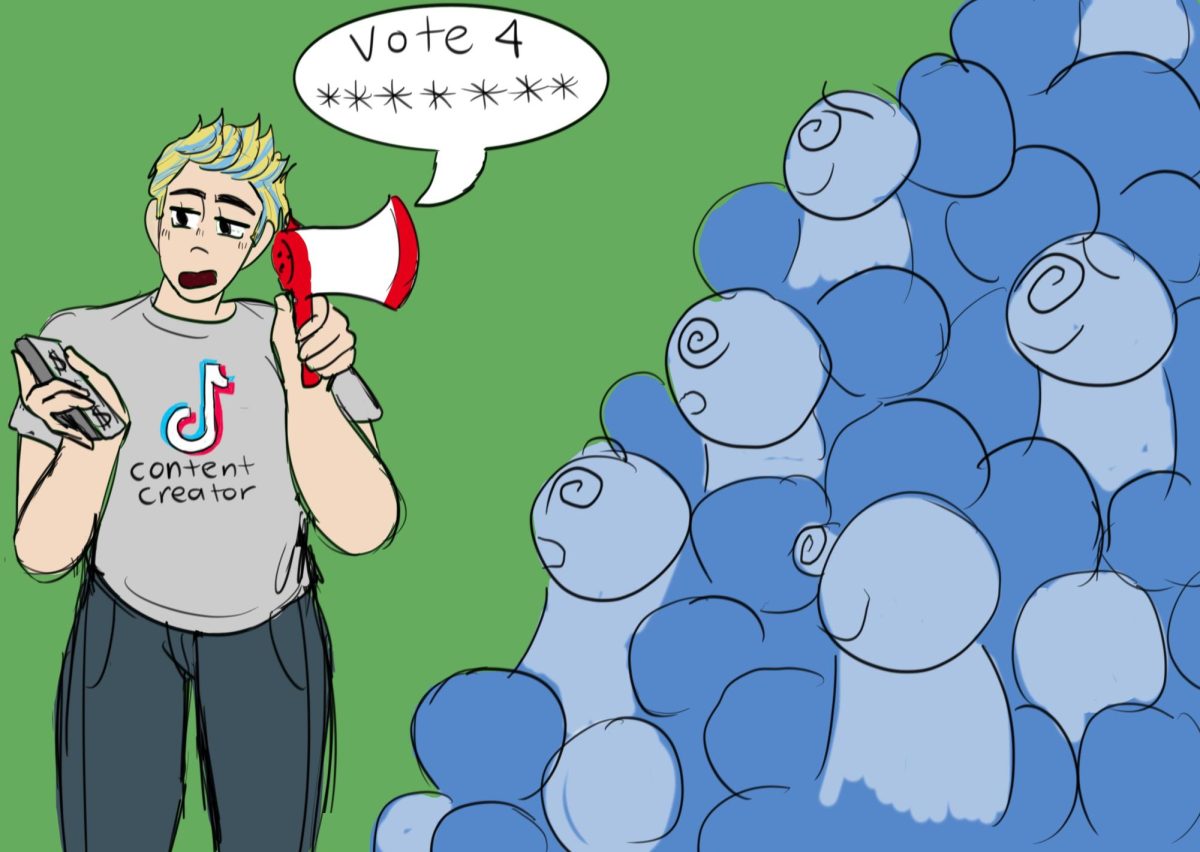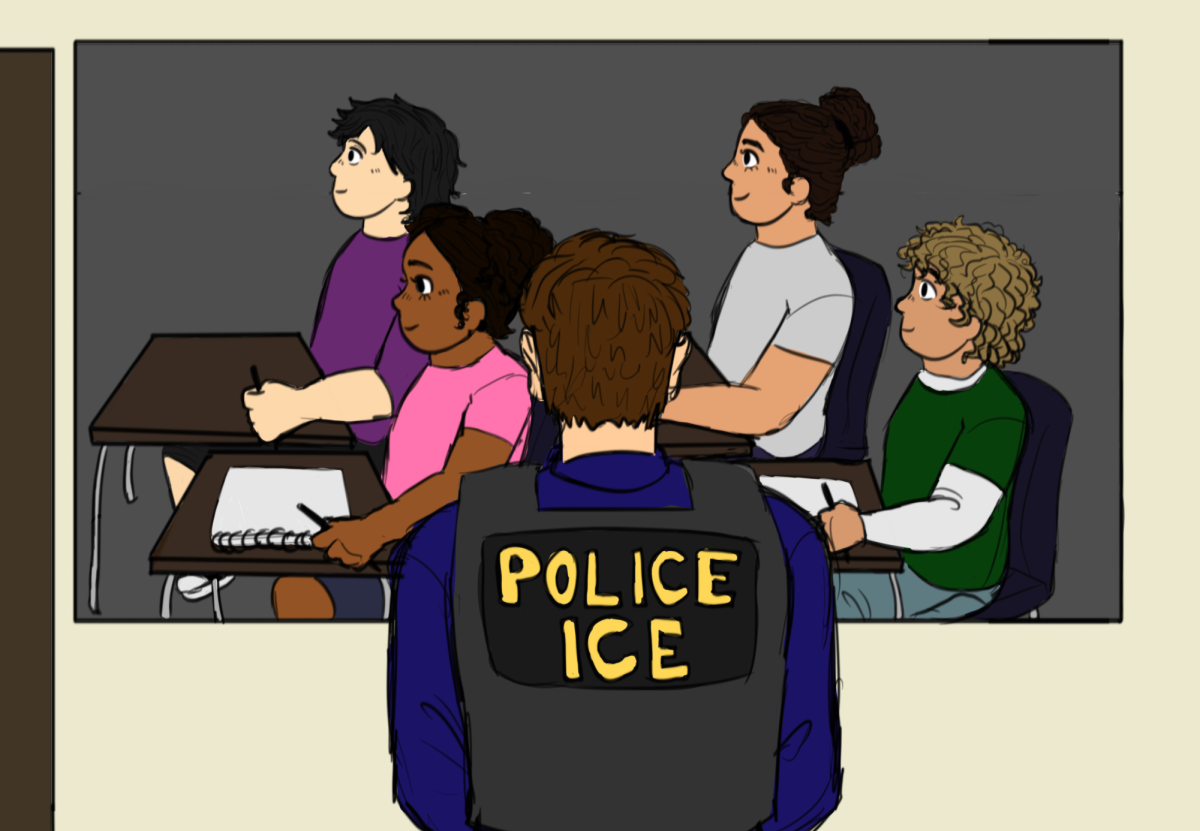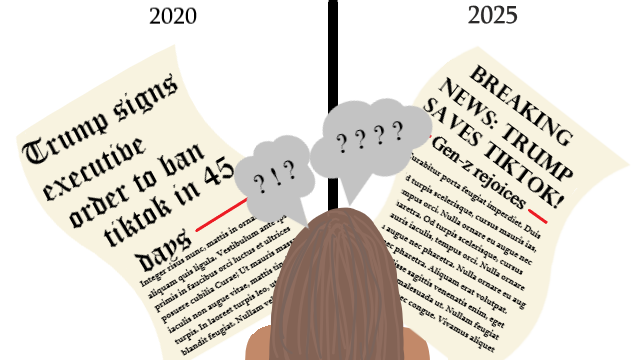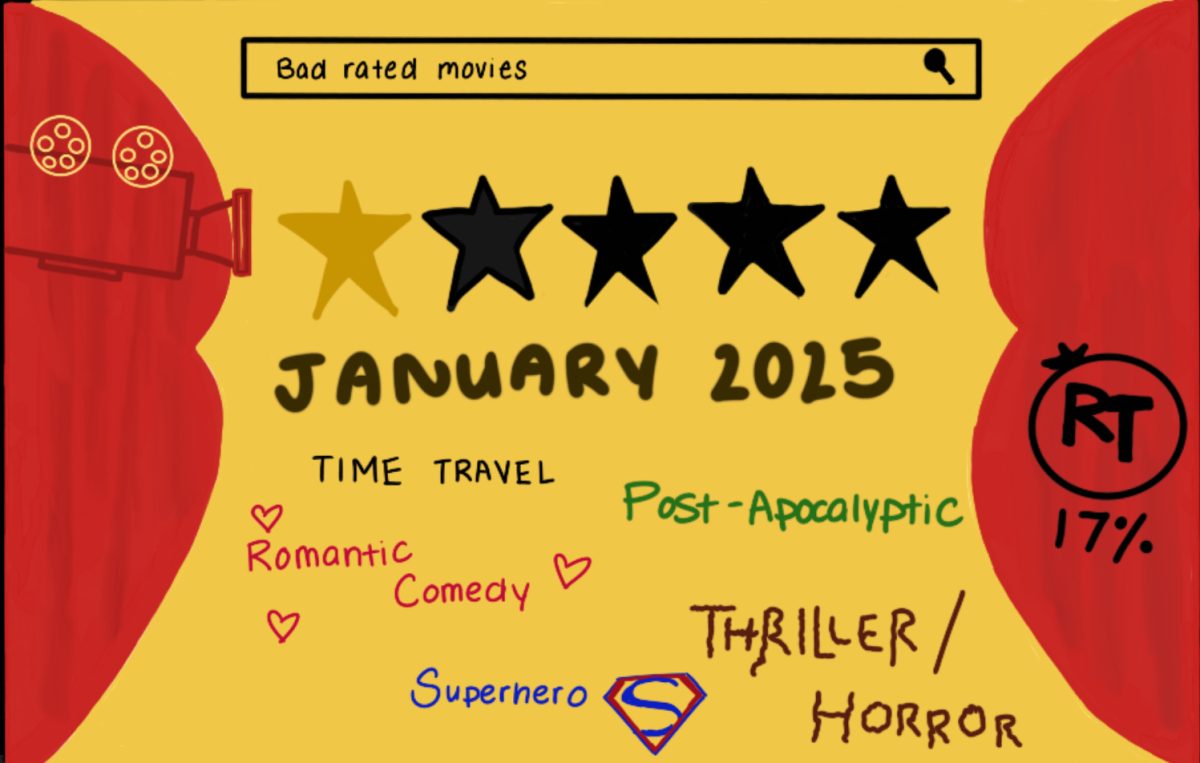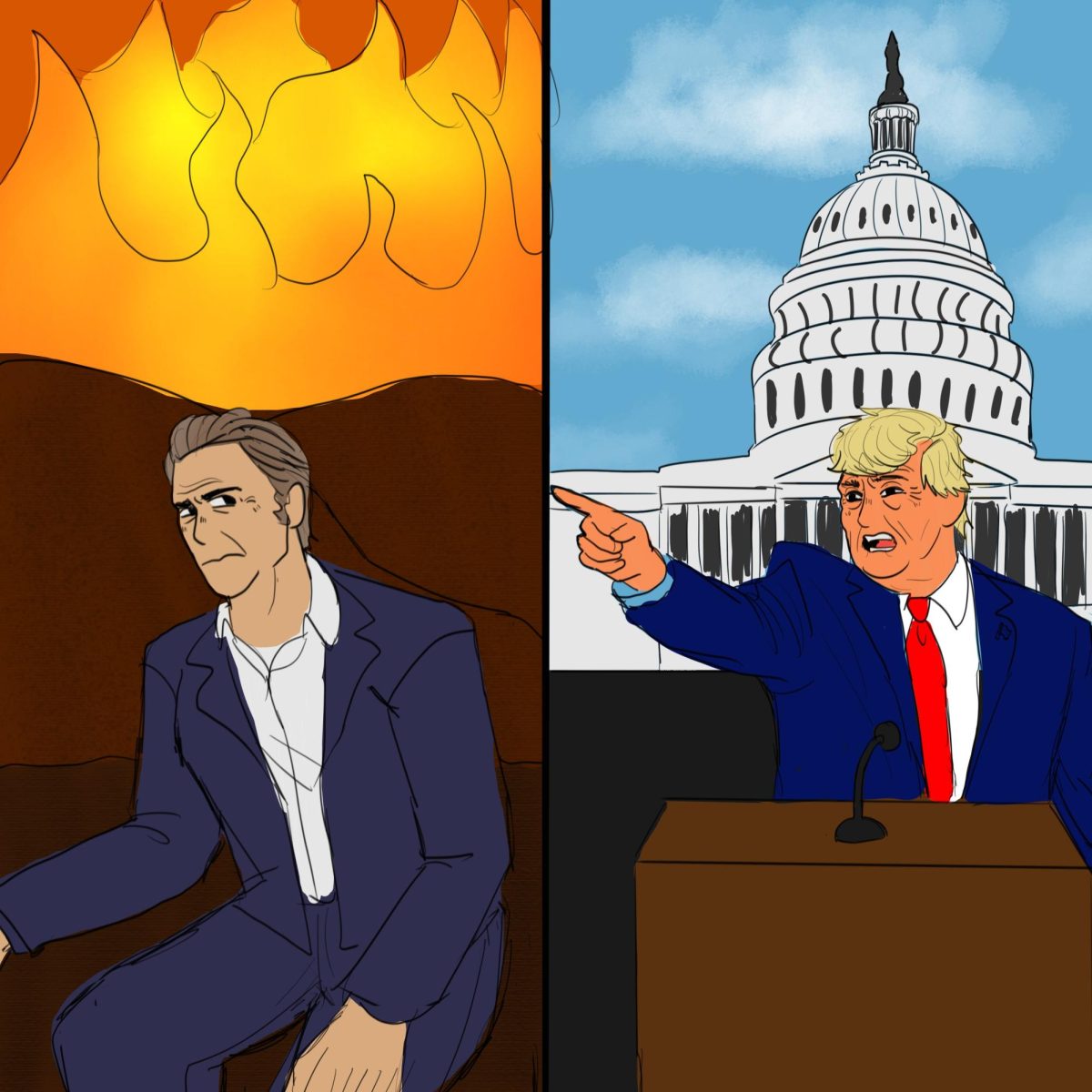As the 2024 election season unfolds, the role of social media influencers in shaping political discourse has come into sharp focus. With platforms like TikTok and Instagram serving as primary news sources for millions, the potential for misinformation to spread has never been greater. Recent reports highlight the dual-edged sword of social media; while it can engage and inform, it also poses a significant risk in the form of false information that can distort public understanding and undermine democratic processes.
In an article from Vox, “Is Tiktok breaking young voters’ brains?”, the alarming rise of TikTok as a news source for younger audiences and notes that around a third of adults under 30 are repeatedly receiving their news from Tiktok. This statistic underscores the urgent need for critical media literacy, especially as influencers wield considerable power over the narratives presented to their followers. The platform’s addictive nature and algorithmic design create echo chambers where misinformation can thrive unchecked. As the Vox piece points out, “TikTok’s ability to keep us watching–is something that has experts, pundits, and politicians worried.”
Research by Samuel Woolley in “The ‘Next Frontier of Propaganda’: Micro-Influencers are Paid to Spread Political Messages, Disinformation” highlights that many paid micro-influencers, who often lack the necessary expertise, do not disclose their affiliations with political campaigns. Woolley warns, “This is the next frontier of propaganda,” emphasizing the need for regulations to ensure accountability and protect audiences from unchecked misinformation.
Jo Lukito, a journalism professor at the Moody College of Communication “As the presidential campaign goes viral, so, too, does misinformation”, emphasizes the consequences of unchecked political statements. When a regular civilian posts on social media, it often goes unnoticed, whereas when a politician shares something, it can lead to significant repercussions.This discrepancy highlights the responsibility influencers bear in their dissemination of information. Their reach can amplify false claims, affecting not just individual beliefs but the broader political landscape. The casual nature of social media often leads to a lack of accountability for what is shared, creating an environment where misinformation can flourish.
Social media’s rapid-fire content delivery and algorithmic bias often prioritize sensationalism over accuracy. This environment creates a major ground for misleading narratives to take root and flourish. Discerning fact from fiction becomes increasingly difficult, and the responsibility to do so falls heavily on individual creators and users.
The Crusader staff states that as students and citizens, it is our duty to approach social media with caution and discernment. We must seek verified information from reputable sources. In this rapidly changing landscape, we must remember that our engagement on social media carries weight. The influence we hold, whether as creators or consumers, can shape perceptions and drive narratives.
Let us commit to being informed, responsible users of social media and striving for political discussions that value truth. We should also remember the importance of taking breaks from the digital world; as Lukito wisely advises, “Go outside and touch grass.”

